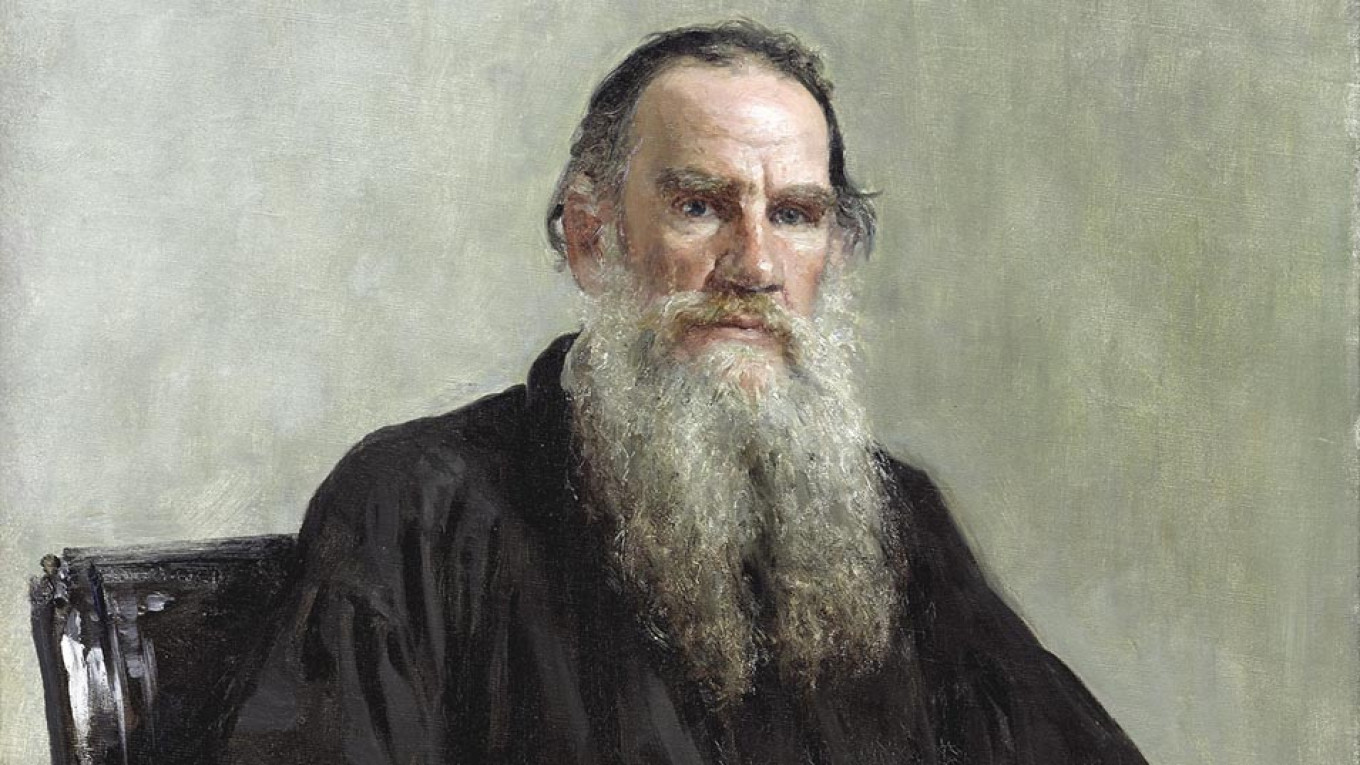For the first time in history, the original manuscript of Leo Tolstoy’s novel “War and Peace” has left Russia and the Tolstoy Museum in Moscow for a stay at the Martin Bodmer Foundation museum in Geneva.
Three pages of one of the most famous Russian novels, written between 1864 and 1869, became part of an exposition devoted to the timeless realities of war and peace and organized by the foundation in collaboration with the UN Geneva headquarters and the International Committee of the Red Cross.
The organizers asked the Tolstoy museum to let them display the fragment where Pierre Bezukhov and Andrei Bolkonsky speak about war as the most terrible thing, although it is inevitable.
“We have chosen a conversation that’s particularly intense and dramatic,” says Jacques Berchtold, Director of Martin Bodmer Foundation. “The Count — Prince Andrei — who is himself an officer, speaks with utter desolation. He says very clearly that the war cannot be compared at all to a game of chess, that war is a totally dirty, detestable affair.”
This document has such a great value as a national treasure that unusually strict precautions have been taken, and the Federal Council of Switzerland has given written guarantees for the manuscript’s return.
The exhibition will run until March 1, 2020.
A Message from The Moscow Times:
Dear readers,
We are facing unprecedented challenges. Russia's Prosecutor General's Office has designated The Moscow Times as an "undesirable" organization, criminalizing our work and putting our staff at risk of prosecution. This follows our earlier unjust labeling as a "foreign agent."
These actions are direct attempts to silence independent journalism in Russia. The authorities claim our work "discredits the decisions of the Russian leadership." We see things differently: we strive to provide accurate, unbiased reporting on Russia.
We, the journalists of The Moscow Times, refuse to be silenced. But to continue our work, we need your help.
Your support, no matter how small, makes a world of difference. If you can, please support us monthly starting from just $2. It's quick to set up, and every contribution makes a significant impact.
By supporting The Moscow Times, you're defending open, independent journalism in the face of repression. Thank you for standing with us.
Remind me later.






